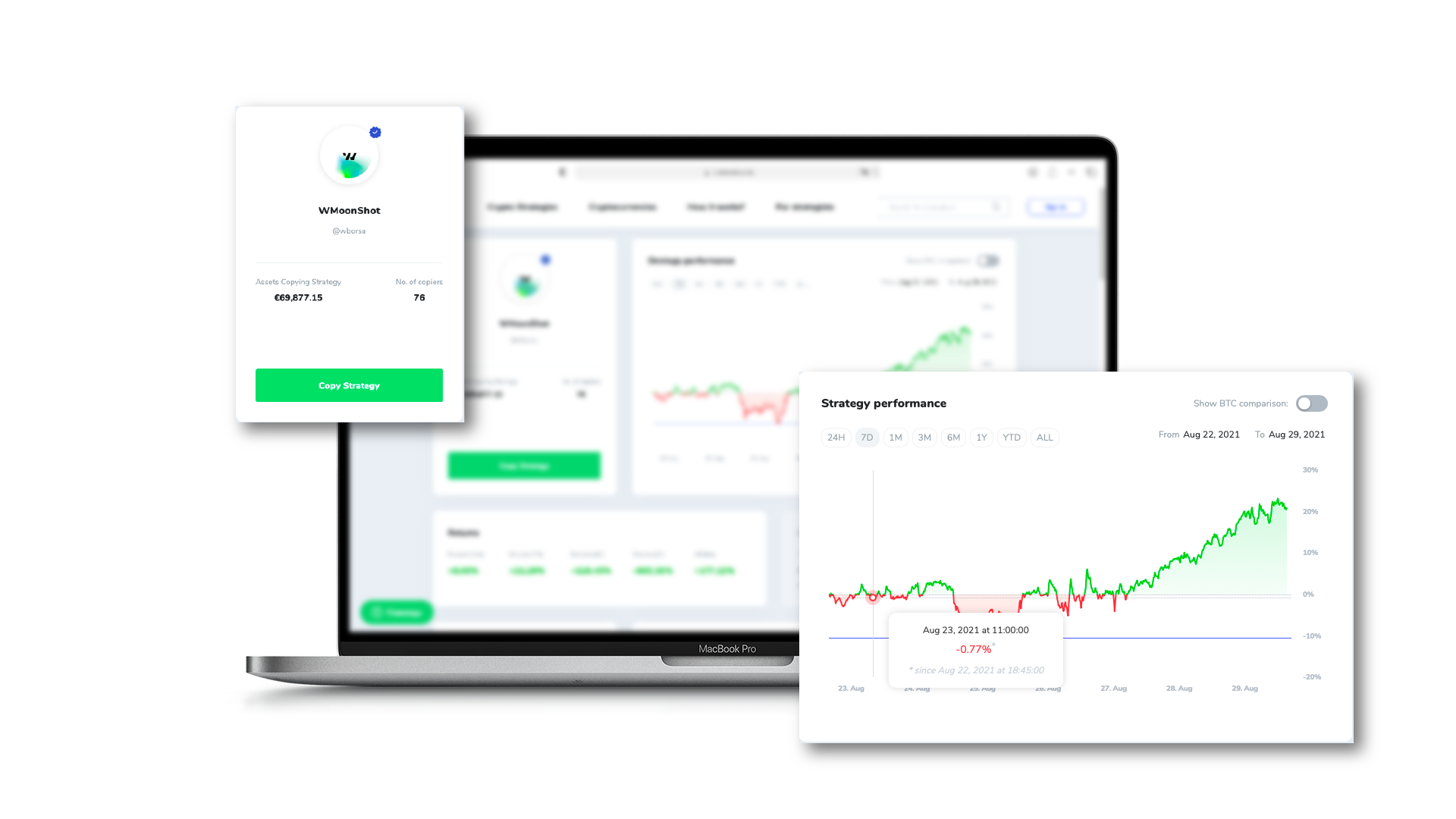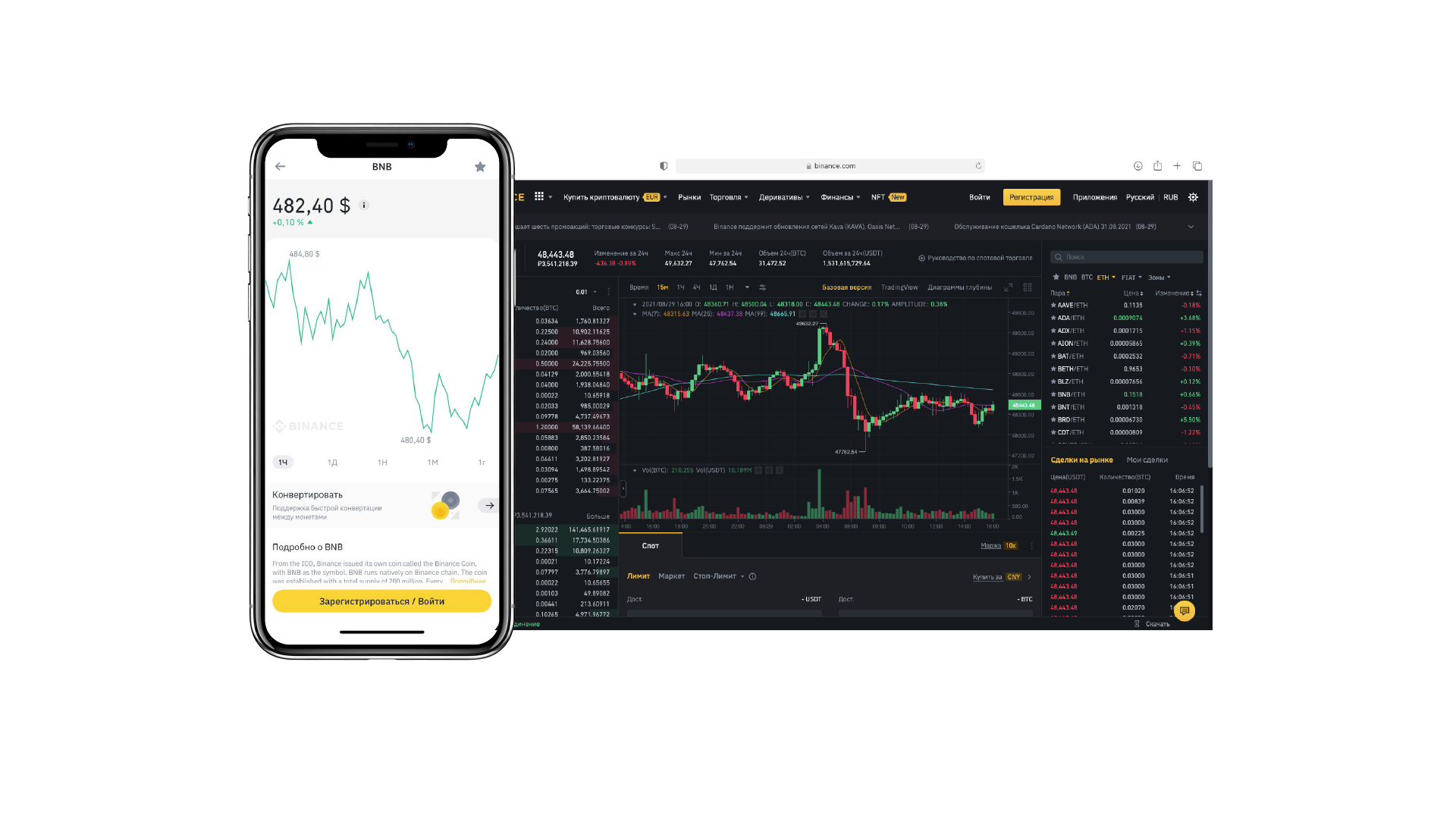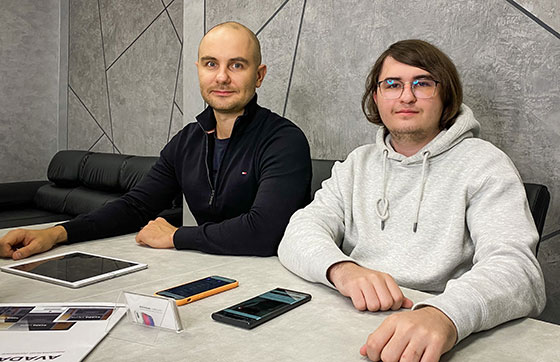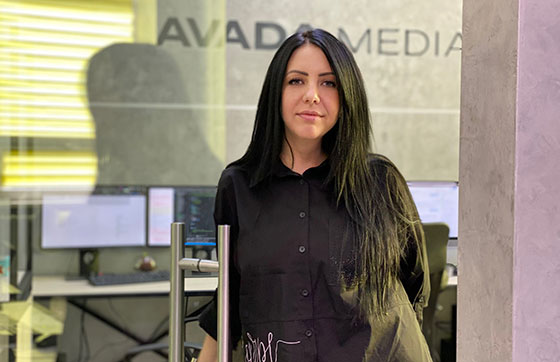Implementation of blockchain in the banking sector
Implementation of blockchain in the banking sector
AVADA MEDIAImplementation of blockchain in the banking sector AVADA MEDIA
It is common knowledge that blockchain technology allows companies to make and verify financial transactions on the network instantly and without a central authority. Traditionally, banking and payment transactions are conducted through a central authority or intermediary to make or secure payments. The blockchain architecture allows a distributed network of computers to reach consensus without the need for this middleman.
Transfers in the banking sector are a super secure system that should never be rewritten or removed.
From this point of view, blockchain technology is best suited, since a distributed ledger does not allow deleting previous records, and usually blocks of data are stored on all nodes of the network (computers connected to the blockchain).
All parties involved can share a distributed ledger on a computer network without the need for a centralized authority or intermediaries. This is why transaction processing across the blockchain is faster. But speed is just one of the many potential benefits blockchain brings to banking. It is not only about greater efficiency, but also about a new level of transparency and security.

How can banks benefit from blockchain technology?
BenefitsHow can banks benefit from blockchain technology? Benefits
Banking institutions were created in order to unite groups of people and provide all types of trade and commerce between them. Blockchain is a tool that can do the same, but much faster, more securely, and completely transparently.
Let’s take a look at 4 blockchain use cases in banking that will help you understand how the financial services industry will use blockchain in the near future.
- Reducing fraud
Traditionally, bank records are created and stored in a centralized database. This model is more susceptible to hackers and cyber attacks, since all information is stored in one place – usually on the central server of the organization. Hackers and cybercriminals are well aware of the development of digital technology and have been able to bypass existing security systems to commit data theft and fraud.
Since the blockchain is decentralized, it is less prone to this type of fraud. To deceive the system, a hacker needs to change records on all network nodes at once, and this is virtually impossible. The use of blockchain will provide not only the execution of payments in real time, but also full transparency, which will allow to analyze and prevent fraud in real time.
- Customer digital identification (KYC)
The KYC (literally “Know Your Customer”) procedure can currently delay banking transactions. In addition, customer identification processes also entail duplication of effort between banks (and other third parties). While the annual compliance costs are high, there are also heavy penalties for not following the KYC rules properly. Since acquiring a new customer can take a very long time, this has a negative impact on the quality of service.
With blockchain, consumers and businesses will benefit from accelerated verification processes. This is because blockchain will allow you to safely reuse identity verification for other services. In addition, users will be able to choose how they want to identify themselves and with whom they agree to share their identity. They will only need to register their identity on the blockchain once. There is no need to repeat this registration for every service provider as long as these providers also operate on the blockchain. Naturally, storing this type of information on the blockchain also ensures its security.
- Trading platforms
The bank can create a new trading platform (for example, a currency exchange platform) on the blockchain. The technology offers a potentially new environment for exchanging assets without centralized trusts or intermediaries, and without the risk of double spending.
As stated, blockchain can eliminate the threat or risk of fraud in all areas of banking, and this can equally apply to a trading platform. In addition, blockchain will address issues such as operational risk and administrative costs as it can be made transparent and immutable.
The traceability and immutability of records that exist on the blockchain support every asset sold or purchased, providing confidence and authenticity throughout the supply chain.
The problem of maintaining the confidentiality of data between counterparties for trade transactions is also solved through the use of blockchain technology, where tokenization in the form of cryptography is used to protect trade data, and the parties are allowed access only to authorized information with the correct security key. This should allow the most sensitive transactions, especially financial ones, to still take place on such a trading platform.
- Payments
The main use case to look at when considering the possibilities of blockchain for banking is payments. A decentralized ledger of transactions like blockchain can enable banks to track all transactions publicly and transparently. Banks do not need to rely on a network of custodian services and regulators such as SWIFT. They can conduct transactions directly on the public blockchain.
In addition to speeding up money transfers, blockchain can help banks operate continuously, 24 hours a day. Nowadays, customers want to use banking services at any time of the day or night.
Thus, banks can have many different use cases for blockchain technology. Every well-implemented solution should result in faster transactions, more reliability, more transparency, and immutability. Blockchain solutions should also reduce costs and administrative burden on banks and customers.
AVADA-MEDIA is professionally engaged in the development of blockchain-based products and their implementation in the business processes of companies. We will help your business move to a new, higher level.

Fresh works
We create space projectsFresh works
The best confirmation of our qualifications and professionalism are the stories of the success of our clients and the differences in their business before and after working with us.
Our clients
What they say about usOur clients What they say about us
Successful projects are created only by the team
Our teamSuccessful projects
are created only by the team Our team












Contact the experts
Have a question?Contact the experts Have a question?
-
Phone:+ 38 (097) 036 29 32
-
E-mail:info@avada-media.com.ua















